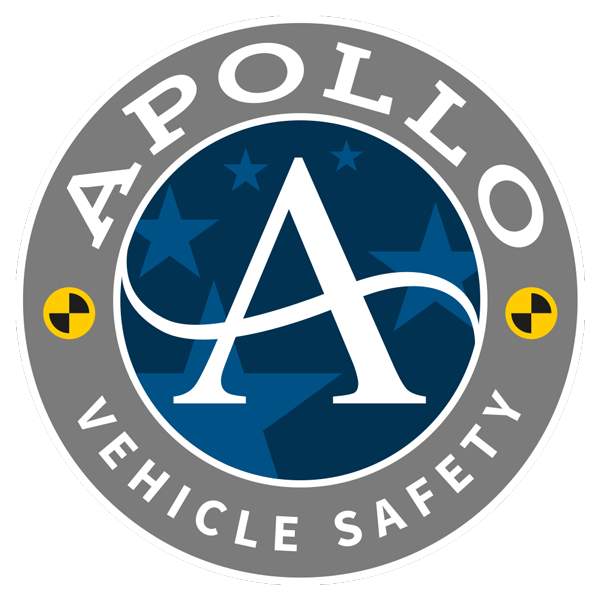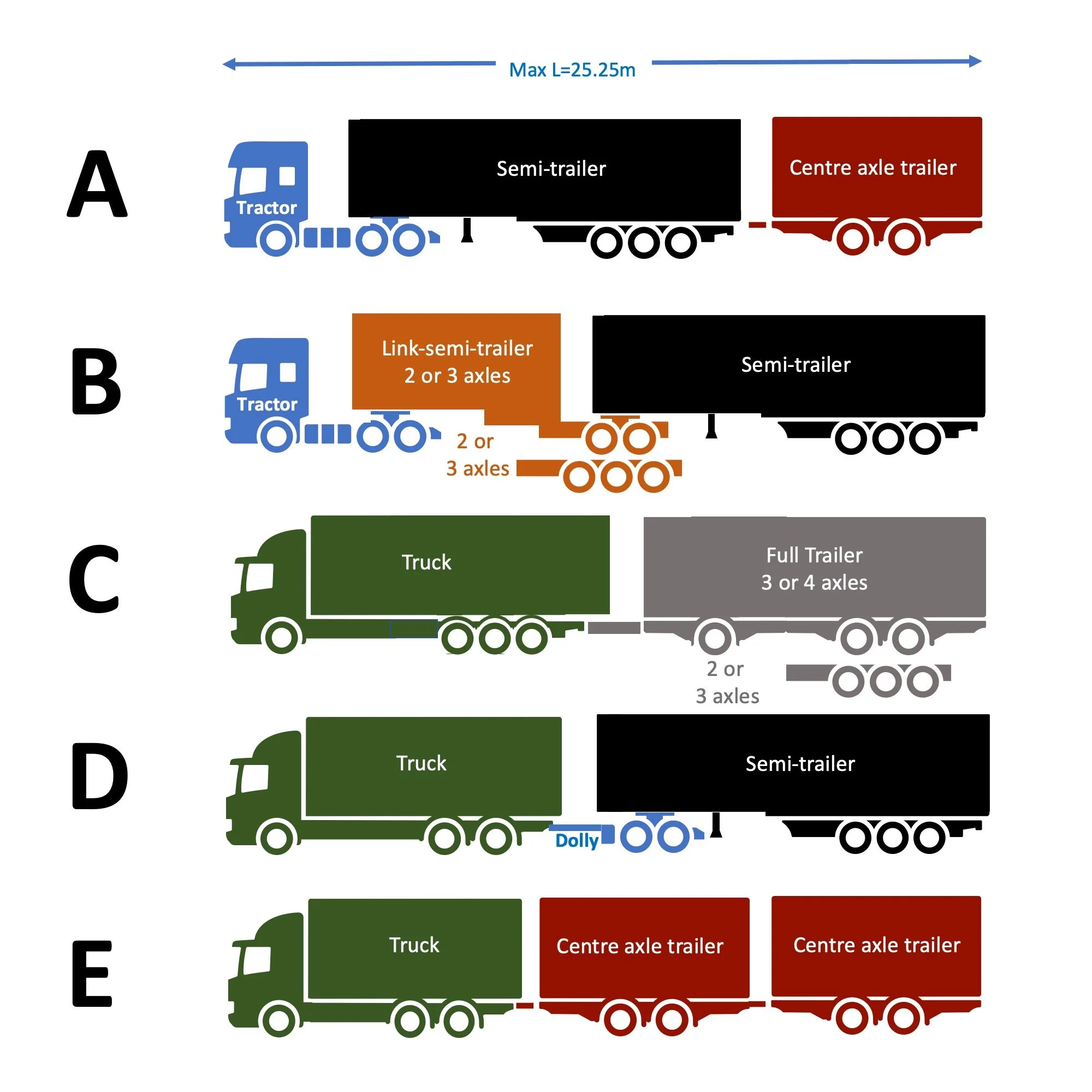Assessing the Feasibility of a GB trial of longer heavier Goods vehicles (LHVs)
Project Scope
The need to decarbonise transport is pressing and road freight is a very significant contributor to emissions of both pollutants and greenhouse gases. However, from the basic essentials of life to the luxuries that we want and aspire to, they all need to travel on a truck at some stage between raw materials and reaching our door. Decarbonising large freight vehicles is also more difficult than for passenger cars. As such, it is critical to maximise the efficiency with which we move freight and for certain sectors of the market, where consignment sizes are large, then bigger heavier vehicles can be substantially more efficient. It has been long established in countries such as Canada and Australia that the appropriate use of vehicles with higher load capacities can greatly improve freight efficiency and reduce the cost of freight as well as the energy and emissions used and the casualties caused. In the last 25 years, the idea has spread to Europe, based around a concept that has become known as the European Modular System (EMS). This involves several permutations of European standard truck and trailer ‘modules’ assembled into longer combinations operating at 25.25m in length and up to 60 tonnes in weight. However, vehicles of such size also create additional risks for both safety and the infrastructure as well as having the potential to affect modal competition (e.g. rail or inland waterway). These are currently used in 10 European countries.
Building on the success of the Longer Semi-Trailer trial, the UK Department for Transport (DfT) contracted WSP, Risk Solutions and Apollo Vehicle Safety in order to assess the technical and economic feasibility of running a trial of longer heavier goods vehicles at up to 25.25m in length and 60 tonnes.
OUR Role in the Project
The subject of truck weights and dimensions is complex because it effects nearly every area of transport policy including economics, logistics and supply chain, safety, environmental performance, energy and infrastructure policy.
In 2007, back in his TRL days, Iain Knight led a prior study considering whether this sort of vehicle should be permitted in the UK, and at the time, the Government decided not to permit them. In this study, Apollo are contributing all of the vehicle safety expertise, and engaging with relevant stakeholders in DfT, National Highways, and vehicle manufacturers, however, we are also bringing that historical context and consistency of assessment across all of the areas of the trial.
The first phase of this work has been completed and the final report and DfT policy statement can be viewed here. A more detailed technical literature review can be seen on the WSP Website.
A second phase of the work to look in more detail at a range of residual issues is underway and a Government decision is expected when this work is complete
If you have a project requiring testing or consultancy, please get in touch.


